Publications
Articles, publications, books, tools and multimedia features from the U.S. Institute of Peace provide the latest news, analysis, research findings, practitioner guides and reports, all related to the conflict zones and issues that are at the center of the Institute’s work to prevent and reduce violent conflict.
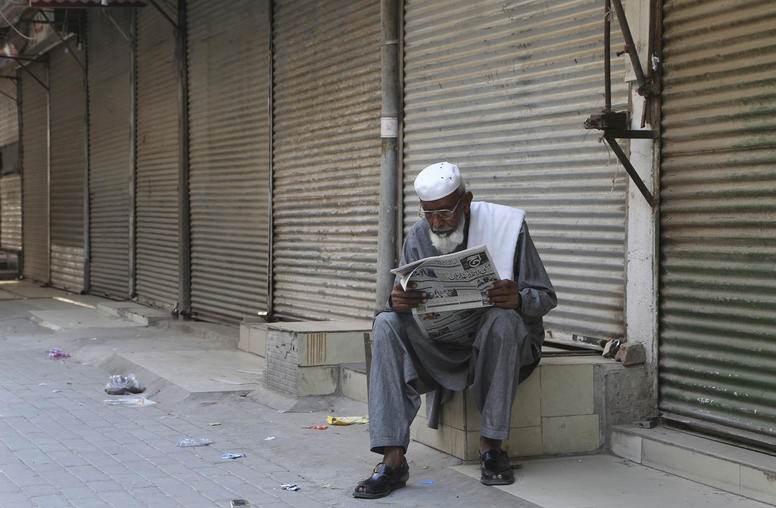
Losing Facts to Fiction: Nationalism, Misinformation, and Conspiracy Theories in Pakistan
Misinformation and conspiracy theories have become staples of mainstream politics in numerous countries around the world—democracies and autocracies alike. Pakistan is no exception. This report examines the causes of pervasive belief in misinformation in Pakistan—particularly nationalistic misinformation—and the consequences for the country’s relations with its neighbors, the risk of international or domestic conflict, and attitudes toward Pakistan’s many ethnic minority groups. The report also discusses steps that policymakers can take to counteract misinformation.
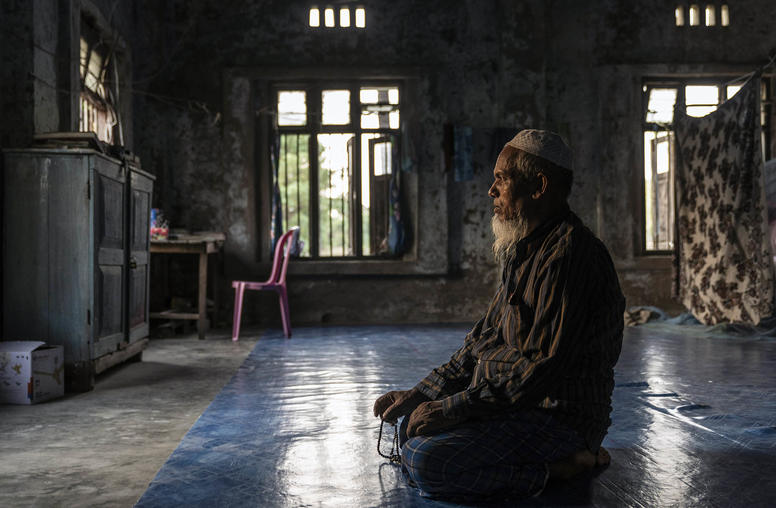
Maintaining International Religious Freedom as a Central Tenet of U.S. National Security
In 2021–22, USIP’s Religion and Inclusive Societies Program convened a bipartisan working group of advocates, academics, and former government officials to discuss how the United States can advance global peace and stability by embracing international religious freedom as a major pillar of its diplomatic engagement. This report, written by the working group’s co-chairs, examines the history of the US commitment to international religious freedom and the challenges to ensuring that it remains a central tenet of US foreign policy and national security.
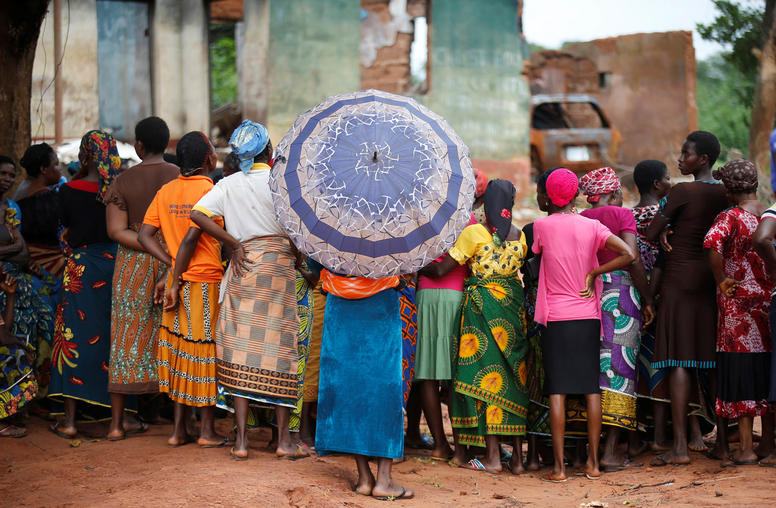
Behavioral Science and Social Contact Peacemaking
Although social contact theory — the idea that encountering someone with a different group identity can lead to greater understanding, empathy, and trust — has become a bedrock of most peacebuilding initiatives in recent decades, doubts remain about whether such initiatives prevent violence. This report provides practical insights and recommendations for improving peacebuilding efforts by more effectively factoring an understanding of human behavior into the design, implementation, and evaluation of social contact interventions.
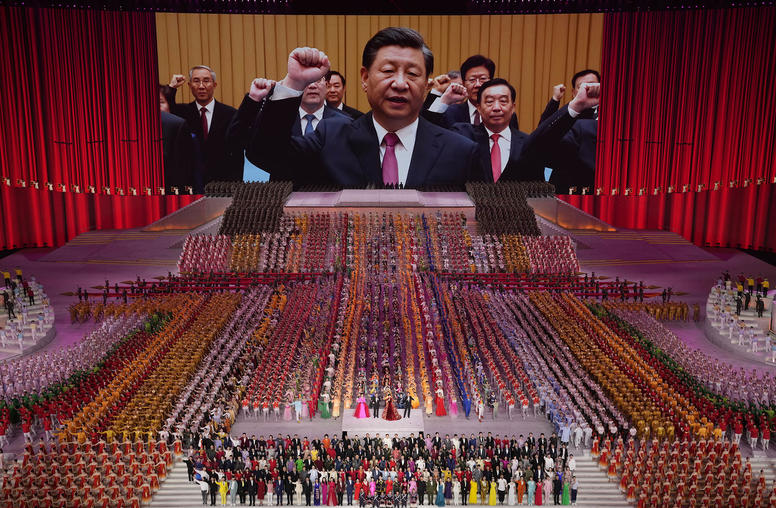
Beijing’s Strategy for Asserting Its “Party Rule by Law” Abroad
Under the leadership of Xi Jinping, the Chinese Communist Party has taken steps to assert more influence over the international legal system and to shape the global legal environment to better serve its political and economic objectives. This report examines the potential ramifications of China’s assertive use of new legal tools for US interests and international stability, and discusses several options that the United States and its partners can pursue to bolster the rules-based order that underpins global stability and cooperation.
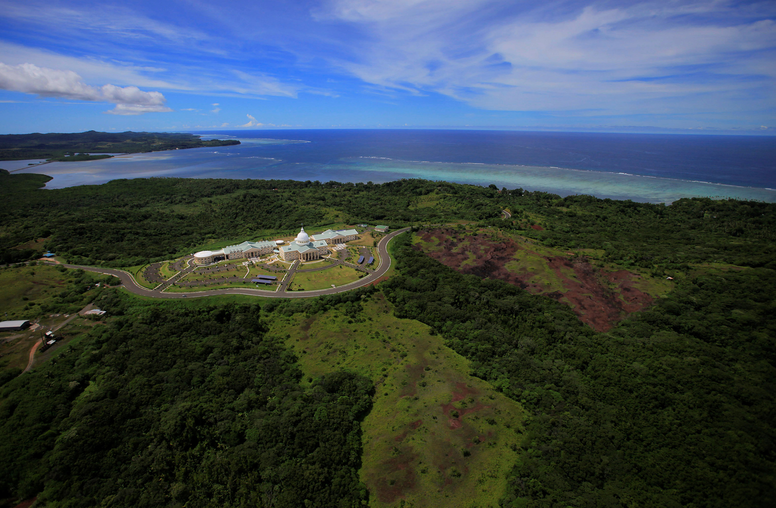
China’s Influence on the Freely Associated States of the Northern Pacific
Around the world, Beijing is investing heavily in diplomatic, security, cultural, and economic ties in a bid to increase its global influence, strengthen its ability to protect and advance its national interests, attract support in multilateral fora and international institutions, and fracture the global consensus on key issues it views as unfavorable to its geopolitical ambitions. The Pacific Islands region—defined as the vast stretch of Pacific Ocean between Asian littoral waters in the west, Guam in the north and Hawaii in the northeast, and Australia and New Zealand in the south and southwest—has been no exception.
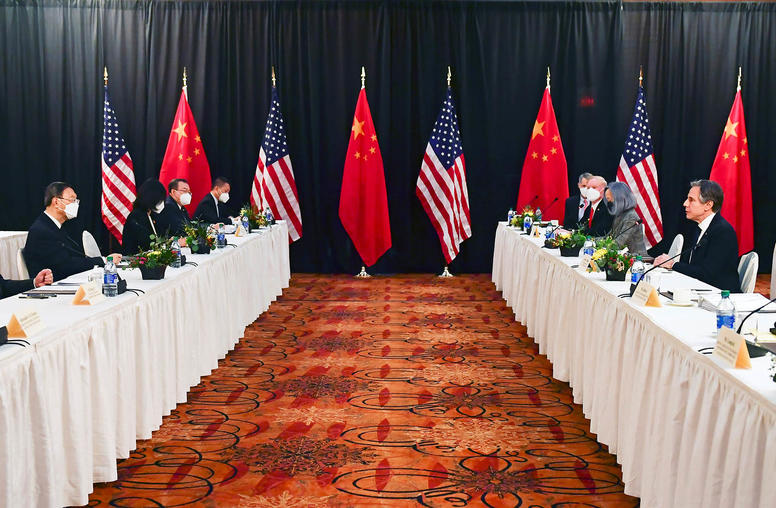
US-China Signaling, Action-Reaction Dynamics, and Taiwan: A Preliminary Examination
The United States and China have found it challenging in recent years to interpret one another’s foreign policy signals vis-à-vis Taiwan. Misinterpretation of the signaling may contribute to a cycle of actions and reactions that can inadvertently elevate bilateral tensions to the point of crisis or even war in the Taiwan Strait. This report, co-authored by three USIP experts and three experts from China’s Shanghai Institutes for International Studies, examines the challenges to clear and unambiguous US-China communications over Taiwan and provides preliminary recommendations for overcoming them.
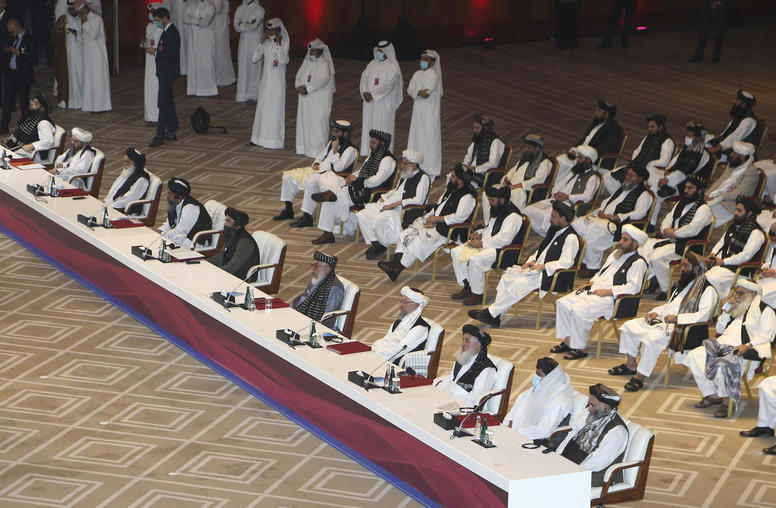
Why Was a Negotiated Peace Always Out of Reach in Afghanistan?
August 30, 2022, marks the one-year anniversary of the last US troops leaving Afghanistan. During America’s 20-year military intervention, there were several opportunities to negotiate peace among the Taliban, the Government of the Islamic Republic of Afghanistan, and the United States—but these opportunities were missed, went unrecognized, or were deliberately spurned by one or more of the parties. In this important history, Steve Brooking, the first British official sent into Afghanistan after 9/11, examines why the three parties were unable or unwilling to reach a negotiated settlement.
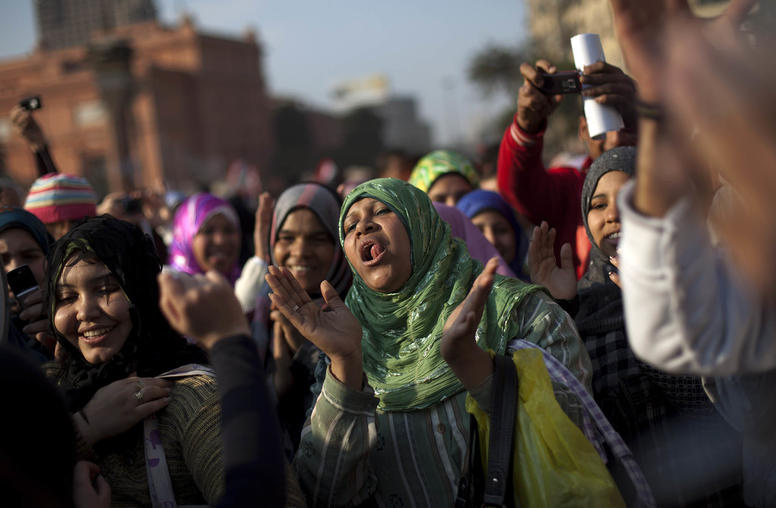
Promoting Peace and Democracy after Nonviolent Action Campaigns
The ouster of Egyptian president Hosni Mubarak in February 2011 was brought about using the tools of nonviolent action, including massive protests and nationwide strikes. Yet the transition that followed showed that initiating change through nonviolent action is no guarantee of a peaceful, smooth path to democracy. This report, based on data on 72 political transitions that occurred between 1945 and 2019, provides key insights into the kinds of mobilization, in terms of tactics and actors, that tend to be most effective in carrying transitions to a democratic outcome.
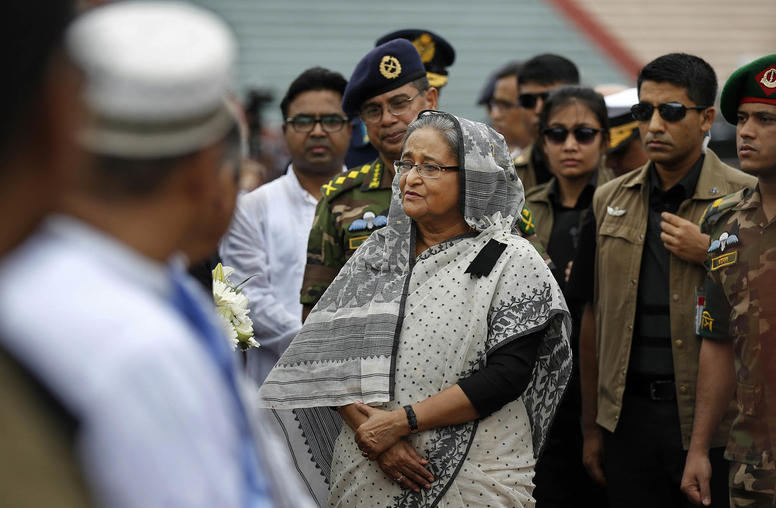
The Persistent Challenge of Extremism in Bangladesh
On July 1, 2016, Bangladeshi militants carried out an attack, targeting mostly foreigners and non-Muslims, at the Holey Artisan Bakery in Dhaka. The Bangladeshi government responded to the attack with a concerted and controversial counterterrorism campaign. Although the number of terrorist incidents has been in steady decline since 2016, Islamist groups continue to operate, recruit, and carry out small-scale attacks while aspiring to perpetrate greater violence. This report examines the dynamics, drivers, and manifestations of extremism in Bangladesh and discusses measures to weaken its appeal.
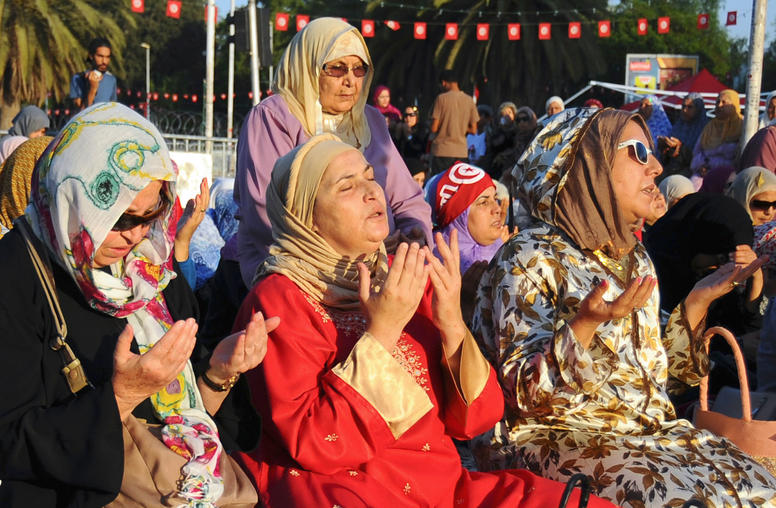
Global Trends and Challenges to Protecting and Promoting Freedom of Religion or Belief
USIP collaborated with USAID’s Center for Faith-Based and Neighborhood Partnerships on an initiative called Closing the Gap to study the relationship between religious freedom and regime type, political stability, and economic development. This report summarizes the study’s main findings and offers recommendations for policymakers and peace practitioners seeking to protect and promote the freedom of individuals to practice the religion of their choice, convert to another faith, or profess no faith at all.